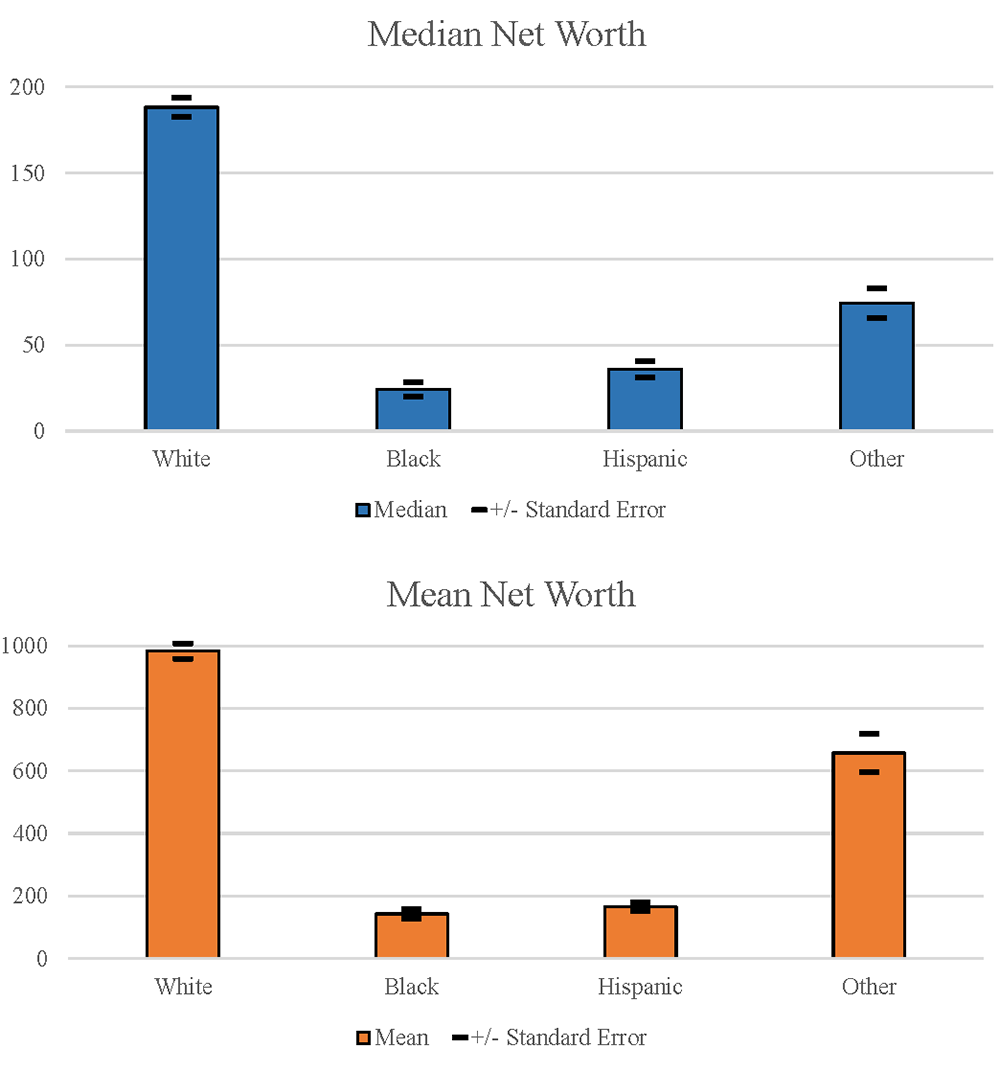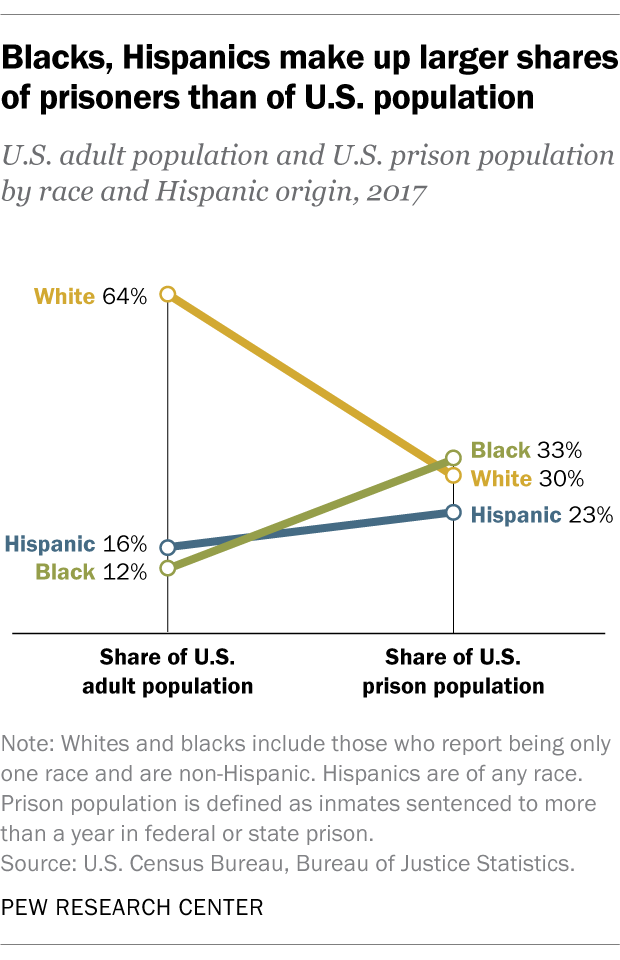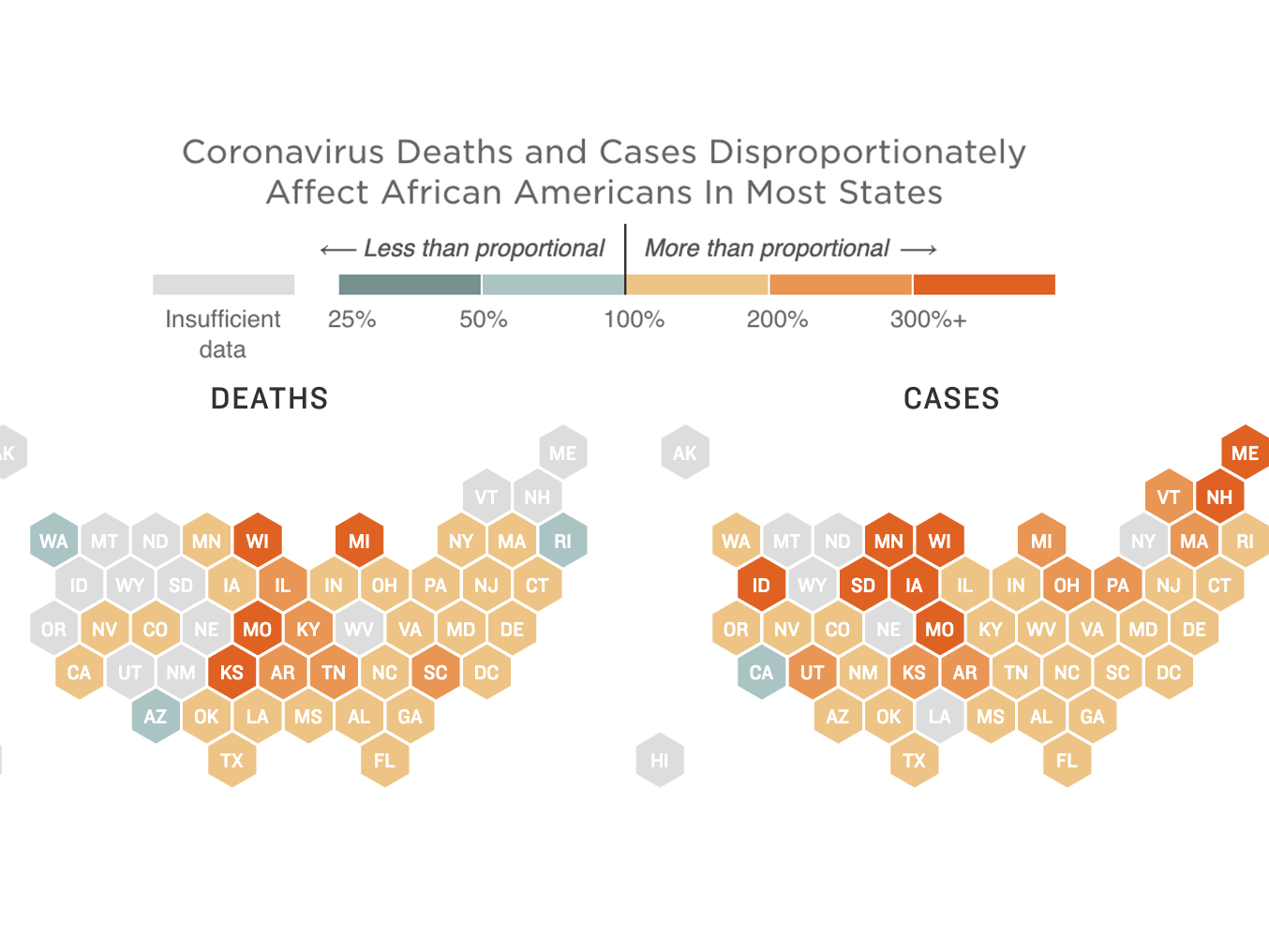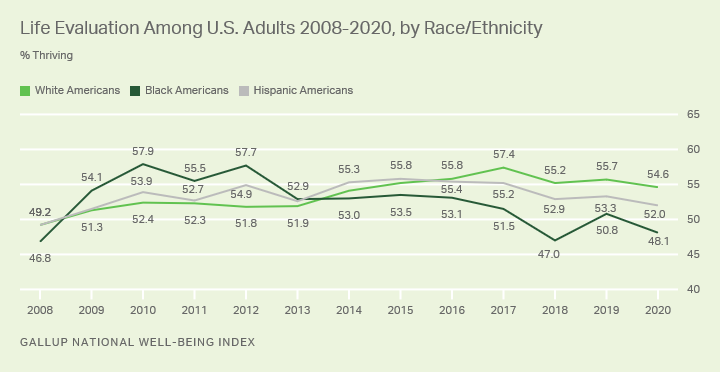At America’s core is a central struggle: are we a country that embraces multiculturalism and immigrants from around the world (as evidenced by the Statue of Liberty and our ‘melting pot’ analogies), or are we a country for, by, and of white people?
The Origins of the American White Caste
I recently read Witnessing Whiteness by Shelly Tochluk, which empowers white people to do ally work by reconciling their whiteness with the privileges it bestows upon us (whether we know it or not). It’s not to say that white people cannot have it tough — of course life can be hard for white people — but we will always benefit from structural racism that treats whiteness as the default and as ‘normal’. But perhaps the most interesting part of the book was a chapter on America’s history of whiteness.
Tochluk’s research found that America (and really the world) didn’t think of itself in racial terms before the late 17th century. But then came Bacon’s Rebellion in 1676, where poor Black slaves and poor white indentured servants rose up against the plutocratic elite to demand better working conditions, wages, and an overall fairer economic system. In the wake of that successful rebellion, those in power sought to divide the poor against each other by passing and enacting laws that granted more rights and freedoms to white people and fewer rights and freedoms to Black people. This intentional division sparked the social construction of race and ‘othered’ Black people in particular to a category frequently treated as subhuman. The white bourgeoisie weaponized race to stew hatred within the multiracial proletariat in order to protect their economic interests.
This founded the identity of ‘whiteness’ as an American ideal, which we can see in America’s perception of Manifest Destiny and in how settlers treated Native Americans. We also see this in the 1800s and 1900s as immigrants from around the world moved to America but only the immigrants of European descent eventually assimilated into the dominant caste of American society. And if you look at how America determined its naturalization laws for who can become an American citizen, as early as 1790 our laws explicitly stated that someone had to be white to become a U.S. citizen. But even more shockingly — that prerequisite of being white to become a citizen remained in place until 1952! That’s 162 years of requiring whiteness to become a citizen. (There were a few exceptions over the years; namely, in 1870 America allowed newly freed Black slaves to become citizens, and Native Americans were granted citizenship on a tribe by tribe basis up until 1924. And the law concerning birthright citizenship only explicitly included all racial minorities in 1940.) That means that immigrants from around the world had to petition to (and aspire to) be considered ‘white’ in order to naturalize, and there were examples of people from Mexico, Syria, India, and Arabia occasionally getting approved as ‘white’ while other compatriots were denied.
I also recently listened to the audiobook of Caste: The Origins of Our Discontents by Isabel Wilkerson, which convincingly argues that the world has seen three major caste systems in its history: the Indian caste system, Nazi Germany’s intentional persecution of Jewish people, and America’s ongoing subjugation of Black people since they were first brought to America as slaves. On first blush you may revolt at such a claim, but when you consider the lessons Nazi Germany deliberately learned from white America’s racism and methods to suppress Black Americans, the comparison rings true. The Three-Fifths Compromise, a Civil War instigated by the Confederacy to protect the right to enslave Black people, Reconstruction, Plessy v Ferguson, the Tulsa Massacre, Brown v Board of Education, lynching, the KKK, Jim Crow laws, the Southern Strategy, the war on drugs, redlining, gentrification, broken windows policing, the Flint water crisis, the school to prison pipeline, police violence, Dylann Roof, Amy Cooper, Walter Wallace Jr: America’s history is inseparable from the violent, constant oppression of Black people.
When you look at the long history of structural racism in America, it’s hard to argue that we ever truly wanted to be multicultural and a home to “your tired, your poor, your huddled masses yearning to breathe free” as the Statue of Liberty puts it. Every step of the way, Black Americans face hurdles, resistance, and skepticism. So when politicians argue that we’re beyond race or that they don’t see race, or, let’s say, they claim they are on par with Abraham Lincoln, understand that there is still a whole lot wrong with race in America, and it’s on us (in particular the white us) to do the work to rectify the generations of compound disadvantage heaped upon Black Americans.
Evidence of Systemic Racism
Do you really need a list of ways in which Black Americans are disadvantaged? Okay, here’s a (non-exhaustive, but exhausting) list:
- Black workers have historically earned far less income than white workers.
- The racial wealth gap means the median Black American owns ~$150,000 less in wealth than the median white American.

Notes: Figures displays median (top panel) and mean (bottom panel) wealth by race and ethnicity, expressed in thousands of 2019 dollars.
- White high school dropouts on average have more wealth than Black college graduates.
:no_upscale()/cdn.vox-cdn.com/uploads/chorus_asset/file/1400134/Median.0.png)
- Black mortgage applicants are more likely to be denied loans than white applicants.
- Black women are 2-3 times more likely to die in childbirth than white women.

- Black people are more likely to be killed by police officers than white people.

- Black people use marijuana about as often as white people but are arrested at significantly higher rates for possession.
- Black prisoners make up the largest demographic of incarcerated people, way outpacing their overall representation in society.

- Black Americans disproportionately are getting COVID-19 and dying from it compared to white Americans.

- Black Americans saw a marked decrease in self-assessed life evaluation during the Trump administration compared to similar self-assessments by white Americans.

- Black Americans face higher unemployment rates during the COVID-19 pandemic than white Americans.

The list could go on and on. Even something as innocuous as property taxes can disadvantage Black people, as property taxes are dependent on property tax assessments but these assessors do not account for the lower rate of home appreciation in minority neighborhoods, effectively charging minority homeowners a higher property tax for living in a nonwhite neighborhood.
From the moment Black Americans are born to the moment they pass away, they face an uphill battle that is meant to discourage them. It’s like running up a down escalator. You can make it to the top, and some will, but it’s pretty hard to pull yourself up by the bootstraps when you have to put in so much effort just to stay where you are.
The Divider-in-Chief
But what does this have to do with this election? Diversity of course means much more than just Black vs white America, and Trump has a long record of ‘othering’ groups that don’t conform to the white Christian American mold:
- Trump placed an ad in 1989 in four NYC newspapers, including the New York Times, calling for the death penalty for the Central Park Five, who were five Black and Hispanic young men wrongfully convicted of raping a jogger in NYC.
- Trump was a major voice of birtherism that questioned President Obama’s citizenship.
- At his campaign kickoff in 2016, he claimed that immigrants from Mexico were bringing crime, drugs, and were rapists.
- He criticized a Muslim gold star family as they mourned the death of their son who was killed during his service.
- He claimed that a U.S. judge of Mexican ancestry could not be impartial in a Trump University lawsuit.
- He mocked a disabled reporter.
- He instituted a Muslim ban to prevent travel to the US from seven predominantly Muslim countries.
- He said there were “very fine people on both sides” after white supremacists in Charlottesville, Virginia chanted “Jews will not replace us” and murdered Heather Heyer.
- He called predominantly Black countries “shithole countries”.
- He banned transgender citizens from serving in the military.
- He (and Jeff Sessions) knowingly separated children from their parents at the border in detention facilities in order to deter immigration. This may be the most overlooked part of Trump’s record — what has happened at the border under his watch is abhorrent and criminal.
- In the wake of the George Floyd, Breonna Taylor, Jacob Blake, and Ahmaud Arbery murders (among many more), Trump frequently calls Black Lives Matter a hate group and sent in federal officers to Portland to quell protests.
- During the 2020 presidential debates and town halls, Trump repeatedly fails to condemn white supremacy and the QAnon conspiracy theory.
Similar to the waves of evidence of systemic racism in America, the list of Trump’s transgressions against minorities is endless. I just got tired finding links to everything. And I’m sure you read this and thought of five more I missed. But when you hear Trump claim that he’s been the best president for Black Americans since Abraham Lincoln, the evidence clearly suggests otherwise. And with 91% of Black Americans voting for Clinton in 2016 and only 6% for Trump, it certainly seems that Black Americans know which political party actually represents their interests and don’t fall for revisionist history arguments about how Lincoln was a Republican and how Democrats owned slaves. These arguments are easily refuted by an 8th grader in Social Studies class who knows how party ideology has switched over the years.
How is Biden Better?
During the primary, Biden consistently polled the highest with voters of color, and in particular the Black Democrats in South Carolina bucked Iowa and New Hampshire’s trends and gave Biden the key win he needed in the primaries to consolidate his coalition and dwarf the rest of the field. He’s done the work and built the trust with communities of color over decades in politics, and it does mean something that America’s first Black president chose him to be his VP.
This isn’t to say Biden doesn’t have his issues. Back in January I ranked Biden 7th in the Democratic primary field and had this to say:
From his dismissive treatment of Anita Hill at the Clarence Thomas hearings in 1991 to his vote for the Iraq war and his dreadful record on criminal justice policy (that absolutely contributed to the mass incarceration problem we have today), he’s been on the wrong side of a lot of issues over time and he’s been late to adapt his views and acknowledge the role he played in some of these areas, (e.g. supporting the Hyde Amendment).
I still believe Biden is weaker on race relations and progressive solutions to systemic racism than Bernie or Warren would have been. But there are reasons to be optimistic. His Lift Every Voice plan seeks to address racial inequities, and while it can improve, it’s miles better than Trump’s Platinum Plan (and, come on, Trump won’t actually follow a plan anyway). He’s willing to admit when he was wrong in the past, and two members of his inner circle are Black women, the Democratic Party’s core constituency. He chose a Black and South Asian woman as his VP in Kamala Harris, and he hired former Bernie 2016 national press secretary Symone Sanders to advise his campaign in the early stages of the primary.
But on a related, and more human level, I trust Biden to exercise empathy when it comes to understanding the impact of systemic racism and discrimination on the basis of sex, race, gender, religion, immigration status, or anything else. Biden’s firsthand experience with loss crystalized his ability to channel empathy for whomever he meets who has lost a loved one due to police violence, COVID-19, military duty, cancer, or any other determinant. That empathy cannot be taught, but it is critical in reflections on American society and the policy remedies that must be considered to achieve justice.
As Biden reiterated at the last debate, he will be a president for all Americans, which will be a welcome change.
